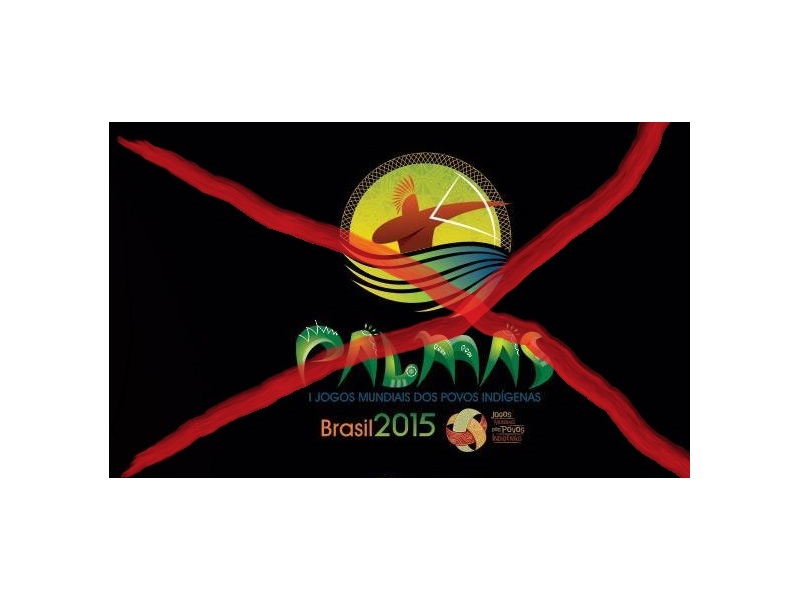Statement by the Alexey Kylasov, President of the Ethnosport World Society, on the World Indigenous Games Brazil, which take place in these days:
Dear Colleagues!
I consider it necessary to make public my stance on inadmissibility of events similar to the World Indigenous Games Brazil in Palmas, which take place in these days.
First, it is due to the fact that there is a cultural contradiction between the goals of this event and means to achieve them. The organizers invite representatives of different peoples to participate in nine identical competitions. At this time, for traditional games of the indigenous peoples, only a chance for a brief demonstration is provided. In this context it is important to note that the dialogue of cultures, stated as the primary objective by the organizers of the games, cannot be conducted due to failure to self-identity.
Mixing game traditions as part of certain universal games created as Olympics is unacceptable, because it contradicts the logic of promotion of cultural diversity, listed among the main goals of the games by the organizers. By the way, similar practice has already taken place in the Games of the III Olympiad of 1904 in St. Louis, USA. \»Anthropology Days\», so-called by the organizers, were obstructed by the majority of the International Olympic Committee members. After that an amendment was made to the Olympic Charter, which banned demonstration of ethno-cultural, religious and political differences. Proceeding from that, the formula of Olympics is unacceptable for traditional games.
It should be noted that traditional games are only treated as significant events as part of ritual culture of any people, because they are held during peoples holidays and exclusively in traditional areas of existence. Here it should be considered that the Brazilian state of Tocantins is not native land to thousands of indigenous peoples of the same America, not to mention the other peoples of world.
Arbitrary treatment of traditional games for the sake of the political environment is probably due to flirtation of Brazilian authorities, in order to remove social tension on the eve of the Games of the XXX Olympiad of 2016 in Rio de Janeiro. Such practice should be condemned as contradicting the status of traditional games established by UNESCO. Traditional games are an integral part of the intangible cultural heritage of humanity, which is enshrined in the resolution of the 33rd session of the General Conference of UNESCO, held in Paris, 2005.
In conclusion, I state that participation of representatives of any indigenous peoples in the first (and hopefully last) World Indigenous Games Brazil 2015 is inexpedient, as it is counterproductive for preservation of traditional culture.

